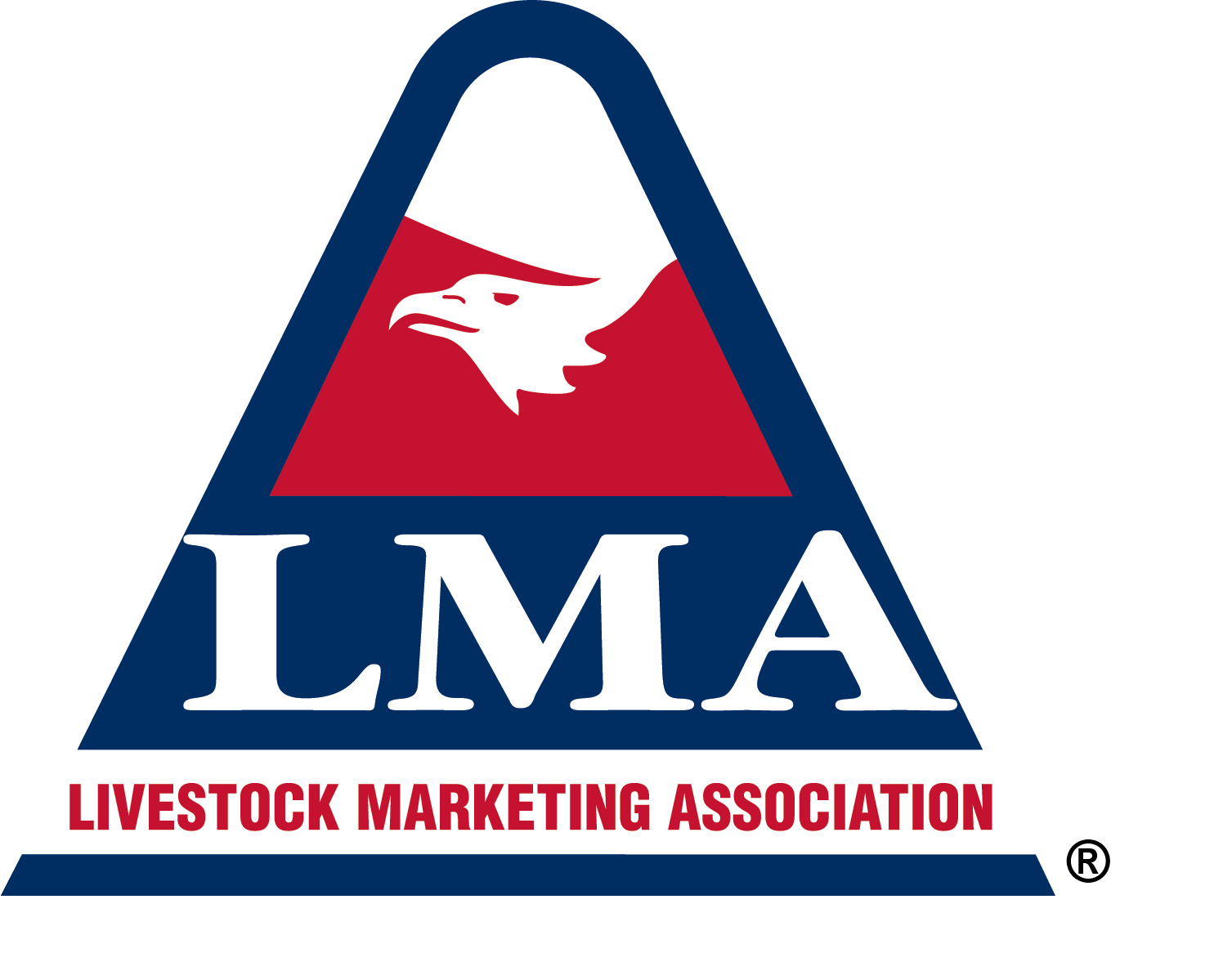PRESS RELEASE
LMA discussed need for Dealer Statutory Trust, transportation concerns at D.C. Fly In
September 15, 2017
Kansas City, Mo.
LMA discussed need for Dealer Statutory Trust, transportation concerns at D.C. Fly In
Livestock Marketing Association (LMA) members and staff traveled to Washington D.C. for the 12th annual LMA D.C. Fly In. Approximately 45 people met with leaders in D.C. on issues that matter to the livestock marketing industry. Discussion centered on the need to create a Dealer Statutory Trust to protect livestock auction markets and producers against buyer payment default.
During meetings with legislators and legislative staff, LMA members detailed why a Dealer Statutory Trust is necessary for marketing businesses and livestock producers. Current law results in livestock sellers, both producers and markets, going unpaid with little recourse when there is a livestock dealer default. Payment protection options in the Packers and Stockyard Act do not provide sufficient protection. According to Grain Inspection Packers and Stockyards Administration (GIPSA) data, from 1999-2013, the average return on a livestock dealer bond claim was 15 cents per dollar. This does not include the Eastern Livestock bankruptcy, where the return was less than 5 cents per dollar.
While LMA was primarily advocating for legislation to amend the Packers and Stockyards Act for the establishment of a Dealer Statutory Trust, D.C. Fly In attendees also discussed other issues. LMA members addressed problems with the December 2017 implementation deadline for electronic log devices (ELD) and underlying hours of service (HOS) concerns. This week, LMA joined other members of the livestock industry in signing a petition to the Federal Motor Carrier Safety Administration (FMCSA). The petition letter requested a waiver and exemption to the ELD rule for livestock haulers because of lack of agency outreach to industry. The petition letter asked the agency to address incompatibilities between the transportation of livestock and Department of Transportation’s Hours of Service rules. Current regulations limit truckers to 11 hours of drive-time daily, after 10 consecutive hours off-duty, and restrict truckers’ on-duty time to 14 consecutive hours, including non-driving time.
Additionally, LMA remains concerned with inconsistent enforcement of the current Animal Disease Traceability (ADT) rule. LMA opposes the possibility of USDA moving forward with Phase 2, mandatory tagging of feeder cattle, prior to addressing problems in the current program.
In addition to meetings on Capitol Hill, attendees also met with Stuart Frank, USDA Grain Inspection Packers and Stockyards Administration Acting Deputy Administrator for the USDA Packers and Stockyards program; Brett Offutt Director of Litigation and Economic Analysis Division of the Packers and Stockyards program; Dr. Jack Shere, USDA Animal and Plant Health Inspection Service Veterinary Services Deputy Administrator and USDA Chief Veterinary Officer; and Tom Yager, Federal Motor Carrier Safety Administration Chief of Driver and Carrier Operations Division.
“LMA’s Fly In was a productive opportunity to continue our educational efforts and to talk with decision makers in D.C. about the need to better protect livestock sellers from defaults,” said Chelsea Good, LMA Vice President of Government and Industry Affairs. “The fundamental unfairness of livestock sellers going unpaid in favor of generic creditors with no ability to reclaim livestock is well understood on Capitol Hill. We look forward to working with partners in the 115th Congress to address this issue.”

About the Livestock Marketing Association
The Livestock Marketing Association (LMA), headquartered in Overland Park, Kan., is North America’s leading, national trade association dedicated to serving its members in the open and competitive auction method of marketing livestock. Founded in 1947, LMA has more than 800 member businesses across the U.S. and Canada and remains invested in both the livestock and livestock marketing industries through member support, education programs, policy representation and communication efforts.
